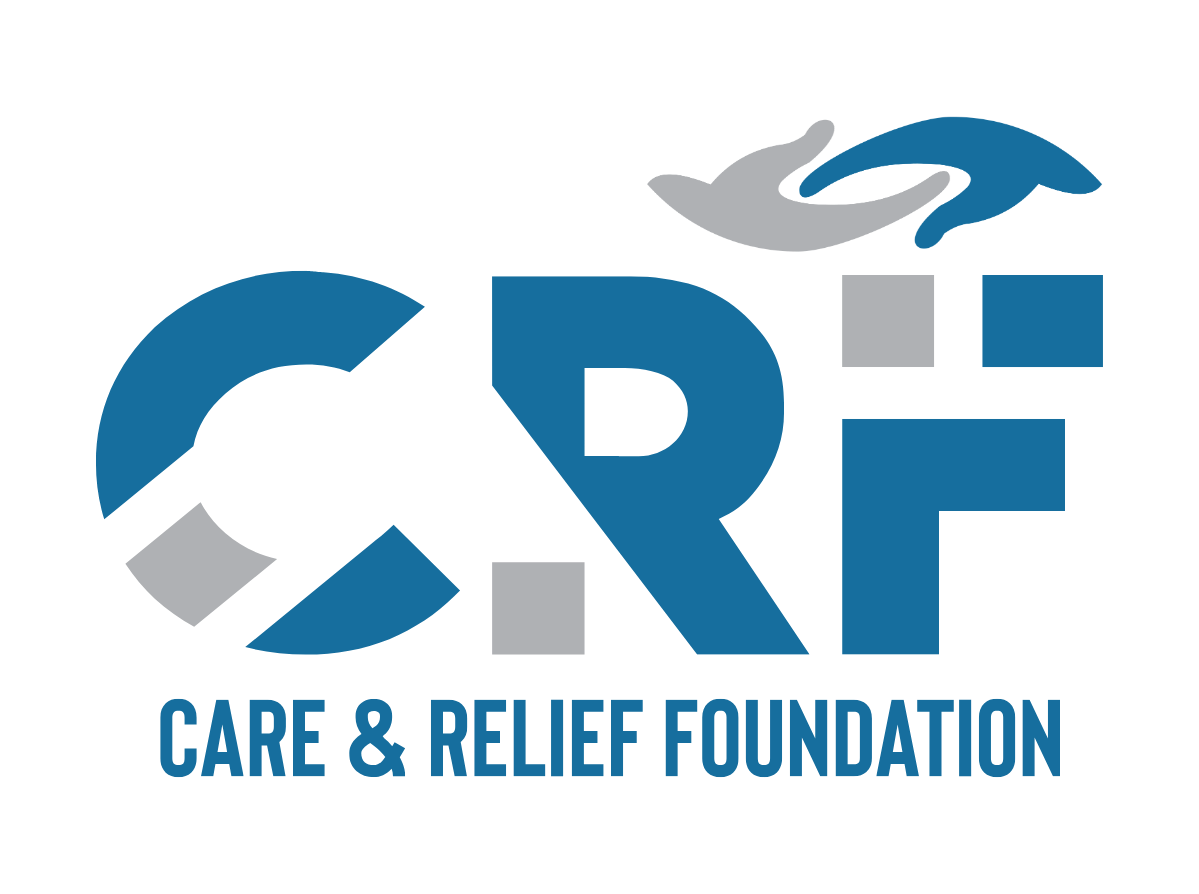Simplify Your Zakat Calculation
Determining your Zakat seems to be a difficult task. However, it isn't
as challenging as you might think of it. All you need to do is
categorise your assets and liabilities in away that makes it convenient
for you to calculate Zakat. To make it even more convenient and quick,
use our Zakat Calculator to find out how much you need to pay.
CRF Zakat Calculator has simplified the calculation by dividing assets into
items to be considered to pay Zakat for (such as gold, silver, cash, savings,
and business assets) and deductible liabilities (including debts and other
outgoing payments). Using this breakdown, you can easily calculate Zakat.
Once you assess the value of your net assets, you can determine the
amount of Zakat. owed. It's crucial to compare your net assets to the
nisab threshold to find out whether Zakat is obligatory.
YOUR INCOME
Please enter any sources of income that you have:
YOUR DEBTS
Please enter any debt that you have:
Calculate
Breakdown of your amount due:
£ 0.00
£ 0.00
£ 0.00
Zakat is calculated according to the Gold or Silver Nisab levels. Due to the high price of Gold compared to the price of Silver, Muslim Charity uses the Silver Nisab level to calculate Zakat so that maximum assistance is provided to the poor and needy as Zakat is to be calculated with the best interests of the poor and needy beneficiaries in mind.
Nisab of Zakat
The Nisab of Zakat is the minimum amount of wealth a Muslim possesses. These assets must be in the possession for over one lunar year to be eligible to pay Zakat. The sum is commonly known as the nisab threshold.
The nisab of Zakat is calculated on the values of Gold and Silver. In 2026, the determined value of nisab is 87.48 grams of gold and 612.36 grams of silver.
CURRENT NISAB VALUE (20 Feb 2026)
Gold Nisab*
£6,335.26
(87.48g)Silver Nisab*
£499.43
(612.36g)*Nisab values are updated regularly

Frequently Asked Questions
When deciding which charity to donate to, it's important to do your search and find one that aligns with your values and interests.









